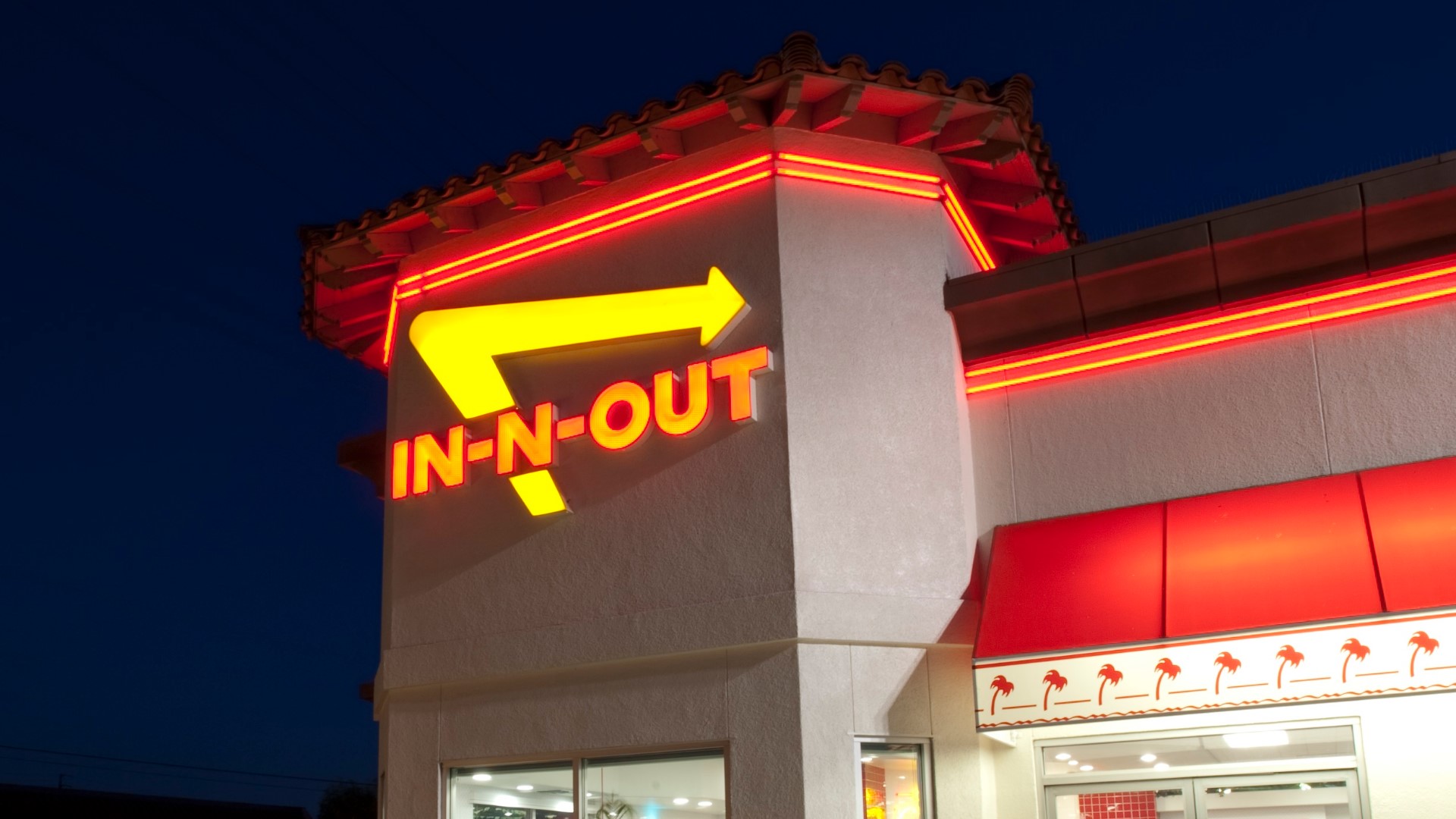BEAVERTON, Ore. — A Nike employee who refused to document his COVID-19 vaccine status should have been eligible for unemployment benefits after the company fired him, an Oregon administrative law judge ruled this month.
The decision reverses the judgment of the Oregon Employment Department, which said Nike’s application of its vaccine mandate was “reasonable” even though the employee was working remotely without any possibility of exposing his colleagues to the virus.
It’s a complicated case that may not set a broader precedent, in part because Nike did not show up to the hearing to make its case. And the ruling didn’t dispute that Nike was within its rights to discharge the employee.
Former Nike technology worker Alex Burkoff, who lost his job in January, said he received a pile of jobless benefits checks from the employment department shortly after the judge ruled in his favor this month. But he said it’s unsatisfying because the ruling didn’t take up the merits of Nike’s vaccine mandate for remote workers.
“They went way beyond what public health officials wanted to implement,” Burkoff said.
Nike began requiring employees to be vaccinated against COVID-19, and to document their vaccine status, in January 2022. Oregon’s largest company began firing workers who refused vaccination the following month. It was one of just a few businesses in the state that set strict vaccination requirements.
While courts have blocked some government vaccine mandates, legal experts generally agree that private employers are free to set their own vaccination requirements.
Jobless assistance is typically available to people who lose their jobs because they’ve been laid off or fired, unless they lose their jobs because they refuse to comply with an employer’s reasonable policies.
Oregon’s employment department concluded last year that COVID-19 vaccine mandates are “reasonable” given the pandemic’s severity. That meant that workers who refused vaccines and lost their jobs as a result would generally not be eligible for unemployment benefits, unless they had a medical exemption or a “sincerely held religious belief” about vaccines.
Burkoff’s case was unusual in a couple of ways. He said he doesn’t have any general objection to vaccines – and was indeed vaccinated against COVID-19. But Burkoff said he didn’t trust Nike’s system for reporting his vaccination status, fearing it could compromise his private medical information.
After the employment department ruled Nike’s policy was reasonable, and denied Burkoff’s benefits claim, he filed an administrative appeal challenging that decision.
Nike’s vaccine mandate shouldn’t apply to him, Burkoff asserted, because he was a technology worker who was, at the time, eligible to continue working from home indefinitely. So he said there was no risk of him infecting any colleagues with COVID-19.
Nike didn’t call in to the Aug. 11 hearing where administrative law Judge T. Mott ruled in Burkoff’s favor.
“The employer did not appear for the hearing and did not meet its burden to show that claimant willfully or with wanton negligence violated a standard of behavior that it had a right to expect of him,” Mott wrote. “Therefore, he is not disqualified from the receipt of benefits.”
Nike didn’t respond to a request for comment. The employment department said it won’t appeal the judge’s decision but won’t change its position regarding vaccine mandates, noting that Nike had the burden of proof in this case – a burden it couldn’t meet, since the company skipped the hearing.
Nike was under no legal obligation to attend the hearing, but benefits paid to fired and laid-off workers will figure into the company’s future unemployment insurance tax rate.
Burkoff started a new job in software engineering and cloud computing in April, about three months after Nike fired him. His new job is also remote.
While Burkoff said he’s glad he prevailed with the employment department, he said he would have preferred to have set a broader standard regarding vaccine mandates for remote workers.
“The money was, at least in my case, not the big factor. It was more a matter of principle,” Burkoff said. “I still think the big problem with the decision is they did not specifically comment whether Nike’s policy was appropriate or not.”



